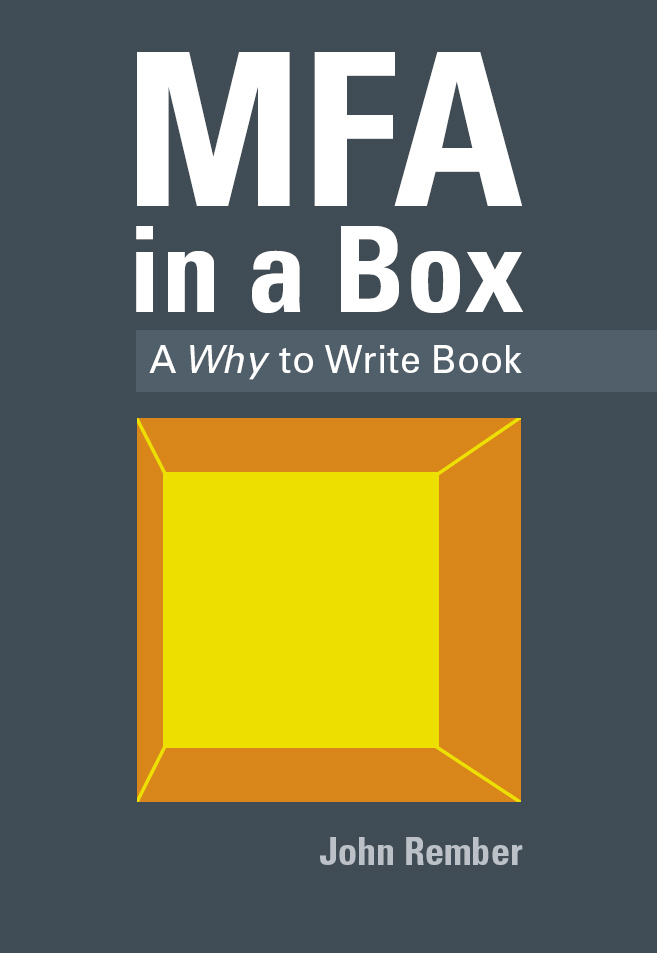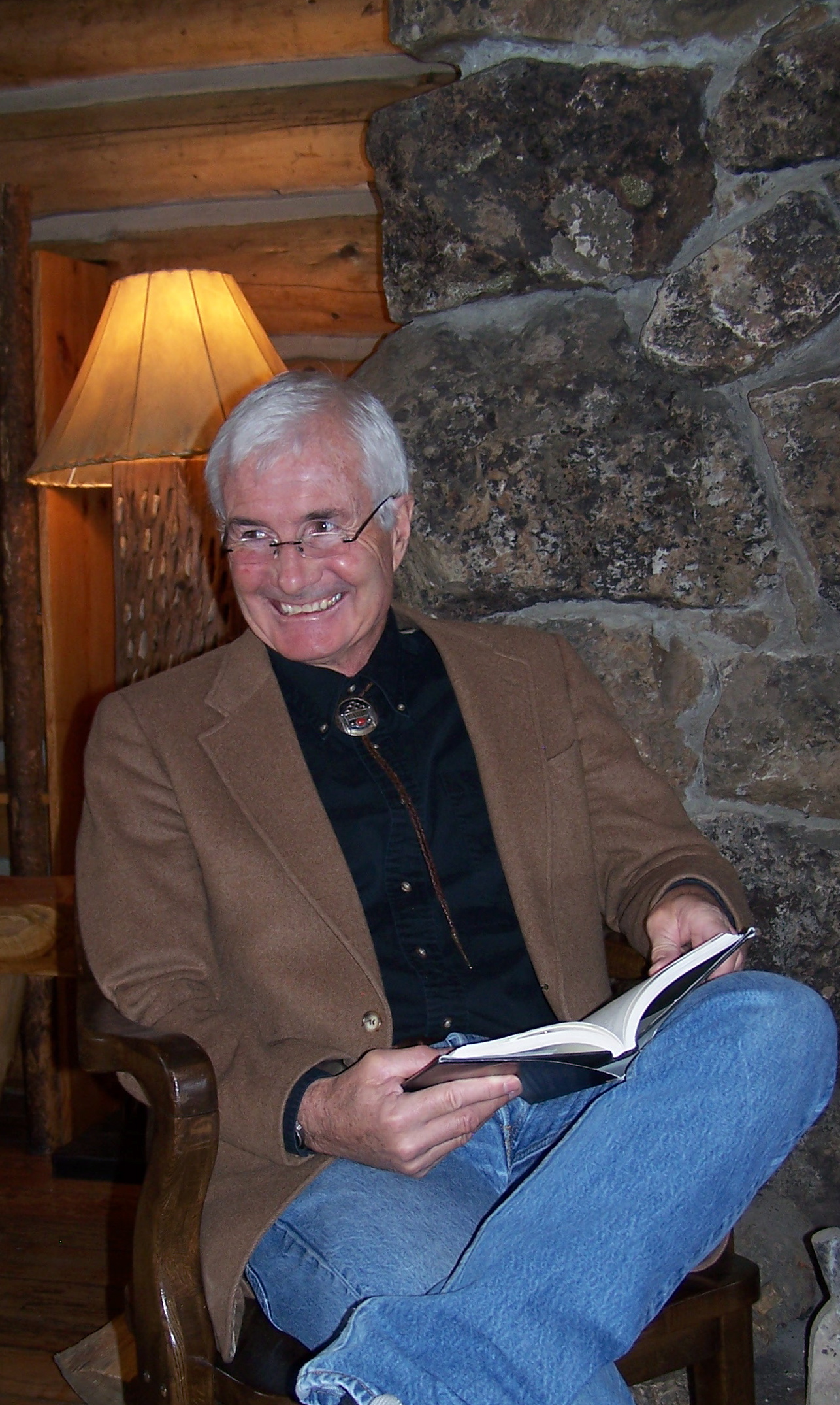 By Jake Poinier
By Jake Poinier
One of the inevitable pass-the-Tums moments as a freelancer is losing a loyal client or editor to a new job. It’s one thing to fire a client, to do a one-off freelance assignment, or even just not being a good match. But clients and editors resign and get fired, too. What you do when that happens can make the difference between a short-term setback and a long-term drag on your income.
I received an email yesterday from a woman, let’s call her Jen, who’s been my primary contact for about 18 months at a large company that I’ve done work for since I got started in the business in ’99. She’s leaving the company at the end of the month. My heart sank.
As I reflect on the past 11 years, I’ve probably done work for a dozen different people within the company. And, over the course of the same time period, all but a few of those people have moved on to different positions or left the organization altogether. Some hired full-time writing staff, while others simply had their freelance budgets cut. I still have a few occasional users of my services, but Jen was my main source—a healthy, five-figure annual client who gave me a steady stream of assignments.
After the initial shock of losing my primary contact at the company, my optimistic side took hold. This isn’t about me, it’s about her. And I did what I always do:
- I enthusiastically congratulated Jen on her new position, and asked what it is and what she’s going to be doing.
- I (humorously but sincerely) expressed my personal sadness that she’s leaving her job, because I’ve enjoyed working with her.
- I offered to write her a letter of recommendation, anytime, anywhere, for anything.
- I asked her if she’d please facilitate a contact, at her earliest convenience, with the new person in her job.
Not surprisingly, she wrote right back, and her response made me feel considerably better. As it turns out, she’s taking a corporate communications position with another large company in town. Not only do they use freelancers, they happen to be a former client of mine from my old custom magazine editing days. And within 10 minutes after that, she’d already cc’d me on a glowing email to the new person in her department who’ll be handling her duties, so I have a warm if not hot contact. We’ll see if we click.
My next step is to contact Jen once she’s settled in at her new job and schedule to take her to lunch. But that’s another story for another day.
Jake offers blogs regularly about freelancing at DoctorFreelance.com.


 The headline is a quote from Gretchen Little in her
The headline is a quote from Gretchen Little in her 
 by Mike O’Mary
by Mike O’Mary by Mike O’Mary
by Mike O’Mary Another great resource for writers, editors, and publishers is the website of
Another great resource for writers, editors, and publishers is the website of  By Jake Poinier
By Jake Poinier